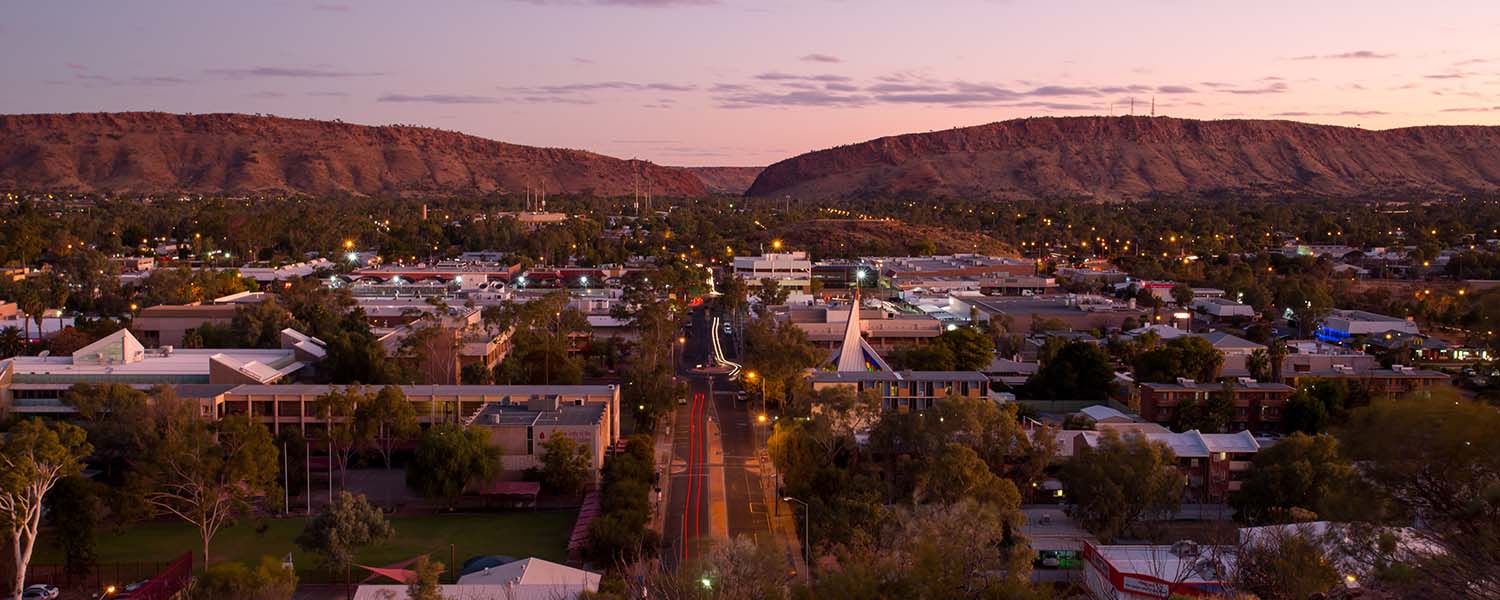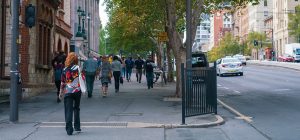Community organisations have welcomed the Northern Territory Government’s announcement that it will buy-back liquor licenses from grocery stores across the territory, while highlighting the need for further evidence-based reform.
NT Chief Minister Natasha Fyles announced this morning that the Territory Government would implement the buy-back scheme over the next four weeks, with grocery store licensees able to express an interest for the Government to purchase their liquor licences.
Aboriginal Medical Services Alliances Northern Territory (AMSANT), People’s Alcohol Action Coalition (PAAC), the North Australian Aboriginal Justice Agency (NAAJA) and the Foundation for Alcohol Research and Education (FARE) said the buy-back scheme was a positive step.
AMSANT Acting CEO Dr Donna Ah Chee said the grocery store liquor license buy-back scheme would help to protect the community by reducing the number of outlets selling alcoholic products.
“We hope to see many operators of these businesses sign up to the scheme. We need to be doing all we can to prevent our families and communities from the many harms from alcohol and companies and retailers need to also take responsibility for their role in driving this harm,” Dr Ah Chee said.
“Reducing the number and density of places where alcohol is sold is an evidence-based measure to reduce alcohol harm and we welcome this action by the Territory Government.”
NAAJA CEO Dr John Paterson said it was encouraging to see a focus on the companies and retailers that drive alcohol harm in the Territory and that liquor license buy-backs would help by reducing availability.
“Companies selling the alcohol that fuels harm in our communities have been allowed to keep profiting from these harmful and addictive products,” Dr Paterson said.
“There are too many businesses profiting from selling alcohol, causing devastation and despair, and their role and responsibility to prevent harm from the products they sell has largely been absent from discussions on alcohol harm in the Territory.
“We welcome this effort by the Territory Government to address the substantial harm caused by the inappropriate density of liquor outlets. We also think that more needs to be done to ensure that we’re tackling the obscene amounts of liquor licences that exist across the Territory which are driving this harm.”
People’s Alcohol Action Coalition spokesperson Dr John Boffa, a GP who is Chief Medical Officer Public Health at the Central Aboriginal Congress, said the liquor license buy-back scheme “demonstrates a real commitment from the NT Government to alcohol supply reduction”.
“Reducing the number of take-away outlets is important. We also need to ensure that the moratorium on new take-away licenses, due to expire on August 31, is extended, and tighten up the capacity to transfer existing take-away licenses to new owners.
“This will strengthen the measures announced today, turning the take-away tap down and making it easier to police the remaining liquor outlets.”
Dr Boffa pointed to a media report today citing leaked data from the Alice Springs Hospital Emergency Department, showing a dramatic fall in ED presentations since liquor bans were reinstated in the region.
“This shows just how effective alcohol supply reduction measures are in reducing harm, especially severe interpersonal violence,” he said.
FARE CEO Caterina Giorgi said liquor license buy-backs in the Territory were a positive development, because evidence showed “when alcohol is more available, we see more alcohol harm in the community.”
“We support this measure to improve community safety and wellbeing, and we encourage the Territory government to extend the moratorium on new liquor licences and to strengthen controls on licence transfers.”
The NT Government is considering broader reform of liquor licensing in the Territory as part of its review of the Liquor Act 2019.
FARE has made a submission to the review, outlining further evidence-based reforms needed to protect the community, including:
- An extension of the moratorium on new takeaway liquor licenses in the territory
- A public interest and community impact test for all liquor license transfers
- Public notification of, and a right to object to, all liquor license applications.







